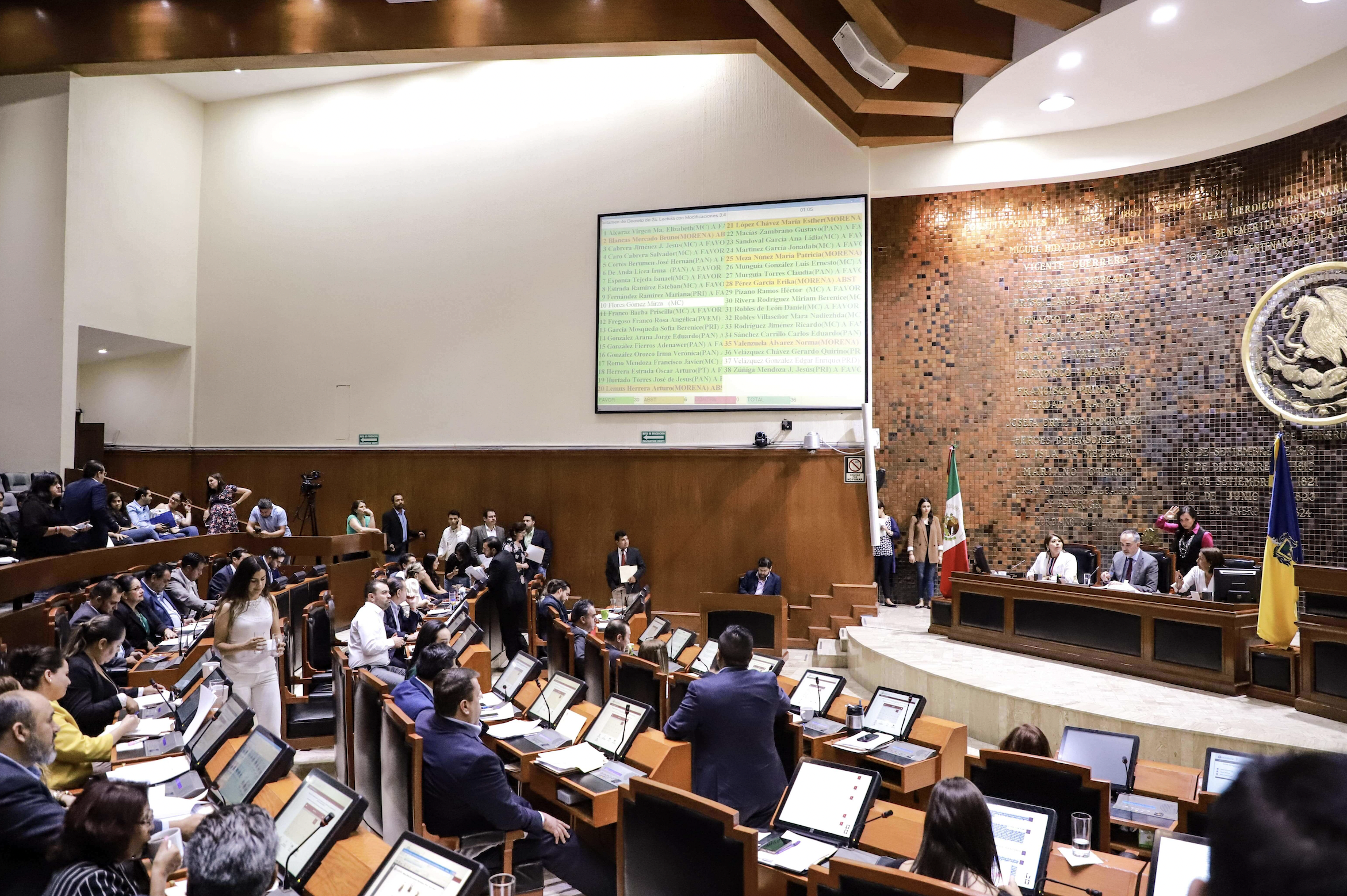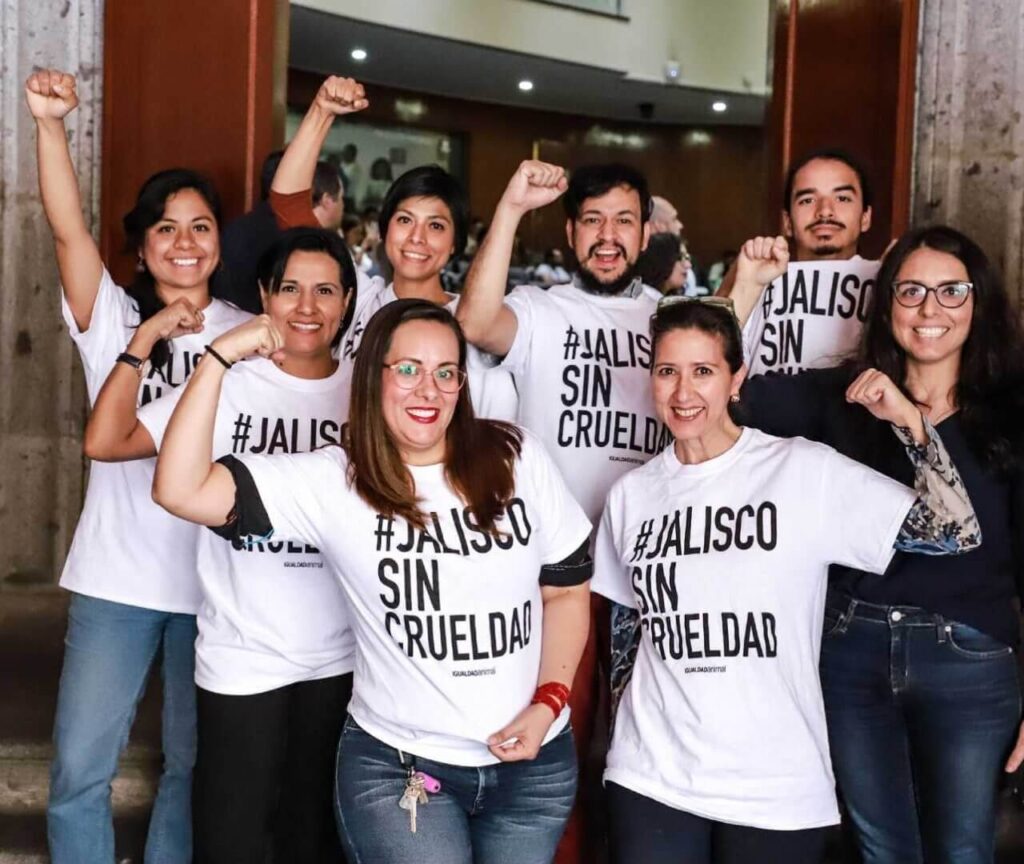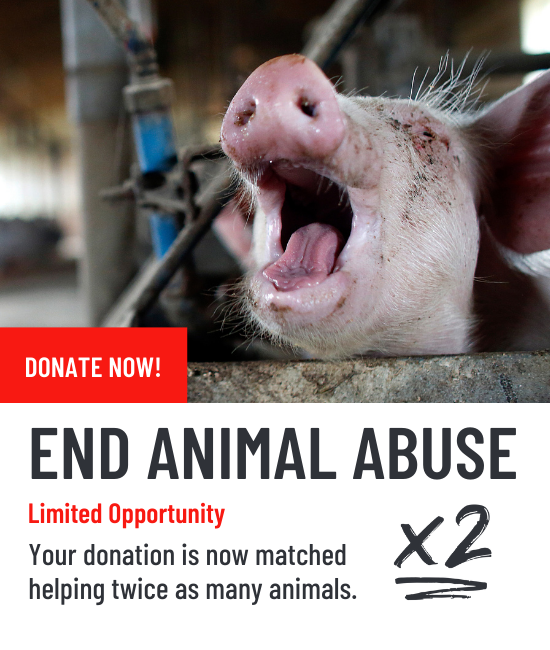Animal Equality makes history in Mexico
In 2016, Animal Equality started the “Jalisco Without Cruelty” campaign, promoting an unprecedented legal initiative in the state of Jalisco, Mexico. With this campaign, Animal Equality urged the Mexican Government to make animal abuse on farms and in slaughterhouses a crime punishable by law.
Throughout all of Mexico, Jalisco is the state where the largest number of animals are killed for food. It is also one of the states where the most animals have been found to be victims of acts of cruelty. This meant that Jalisco was an important place to focus attention.
At the same time, with the raising and killing of animals for food equaling big business in Jalisco, there were many influential people who had interests in stopping the new laws from being passed.
It took time and an immense effort, but after three years of campaigning and 31 investigations into farms and slaughterhouses, the reform was passed. It marked an historic victory, making cruelty to farmed animals a crime punishable by up to four years in prison and preventing those found guilty of working with farmed animals for three years. In the case of a repeat crime, it also barred abusers from working with animals ever again. The new laws are estimated to impact the lives of more than 200 million animals every year!
How it happened
Over a number of years, Animal Equality conducted 31 investigations in six Mexican states, documenting the extreme cruelty that animals were subjected to in slaughterhouses and factory farms, including many in Jalisco.
The footage revealed several violations of the Federal Animal Health Law in the slaughterhouses, as animals were killed while conscious and left to die in agony. The same violations were reported in all the 31 slaughterhouses investigated, showing a systematic issue with the existing standards created by the Government.
Some of the footage captured even showed the involvement of minors in the killing of farmed animals.
In February 2019, Animal Equality presented footage of the investigations to Congress in Jalisco and for the first time in Mexico’s history, farmed animals were at the centre of parliamentary debate.

The reform that was proposed called for the following to be made criminal offences:
- Failure to stun before slaughter
- Mutilation
- Veterinary negligence
- Cruelty and abuse
According to the reform, the sentences for these crimes were to be increased and anyone committing these crimes had to be prevented from working with animals again for a minimum of three years, or forever in the case of repeat offenders.
Because the investigations showed minors being involved in the killing of farmed animals, the reform also included a paragraph to ensure that if the abuse and mistreatment occurs in the presence of a minor or is carried out by a minor, the penalty is to be applied to the adults involved or present.
The bill received the backing of Mexican MP Salvador Caro Cabrera and in April 2019 was approved by an absolute majority of Jalisco’s MPs, making history for animals.
Thanks to this historic reform, for the first time, cruelty to animals is now legally classified as a criminal offence, and no longer as a simple administrative violation.

As the Jalisco victory shows, investigations are a vital part of achieving systemic change. Not only do they provide the evidence needed for decision-makers to take action; they also capture the hearts and minds of the general public who help to push for change.
It can take time, but if we persevere, we can achieve change that impacts millions of animals and is felt for decades to come.


